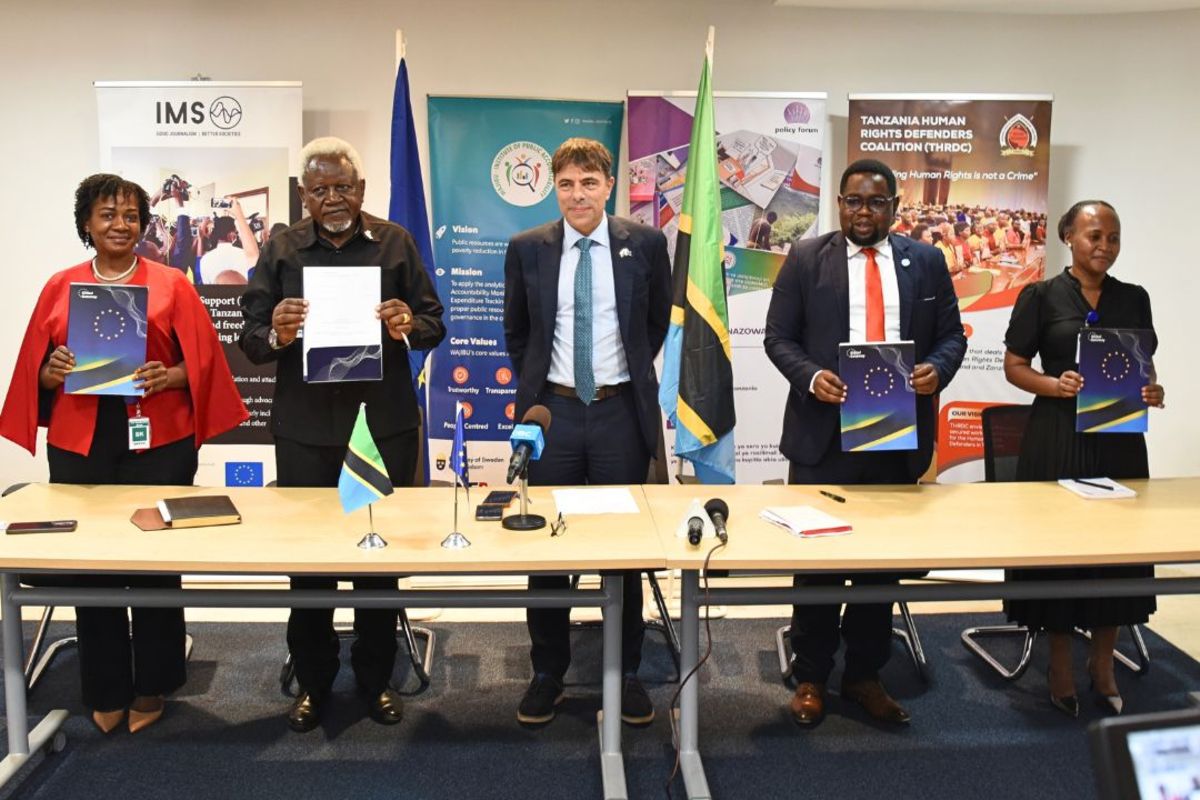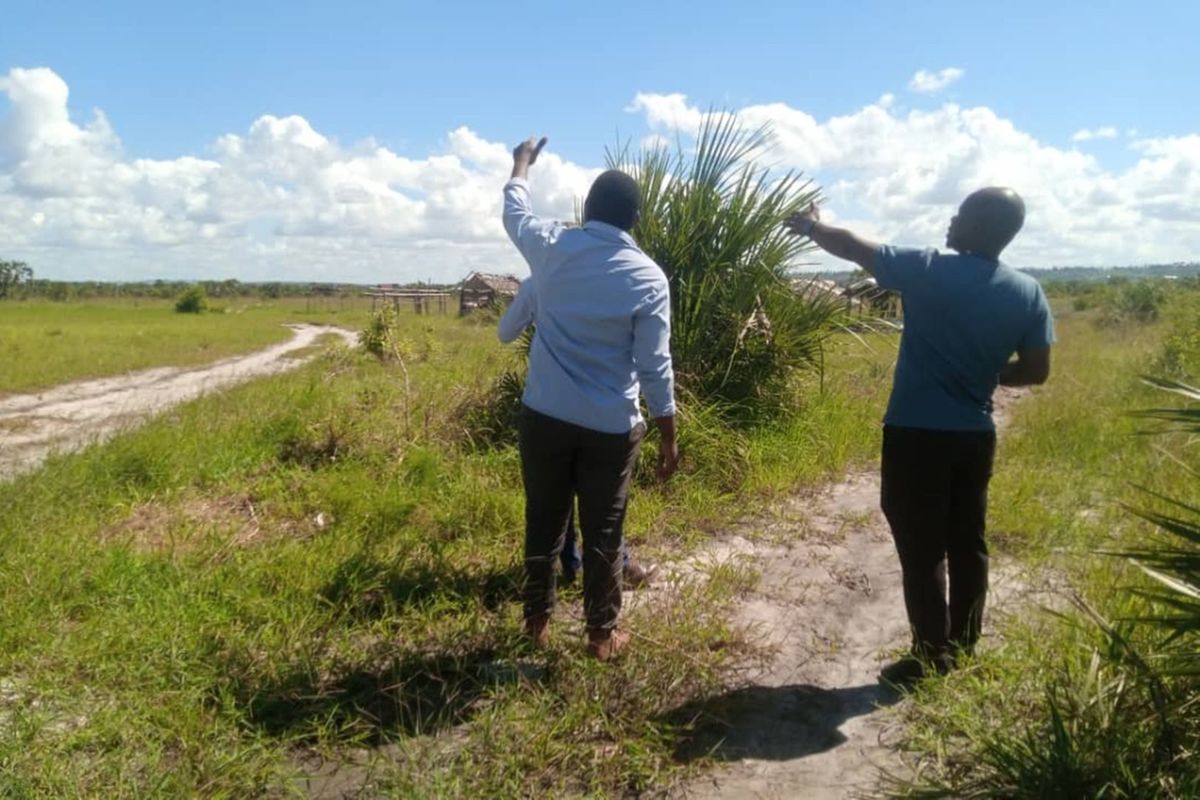Tanzania yapewa tuzo ya usalama barabarani
Dar es Salaam. Wakala ya Barabara Tanzania (Tanroads) umepokea tuzo ya kimataifa kutokana na mchango wake wa kuboresha usalama wa barabara (safer road).
Waziri wa Ujenzi, Abdallah Ulega na Mtendaji Mkuu wa Tanroads, Mohamed Besta kwa niaba ya Serikali ya Jamhuri ya Muungano wa Tanzania jana Februari 17, 2025 wamepokea tuzo ya heshima katika mashindano ya kimataifa ya usalama wa barabara.
Tuzo hiyo iitwayo iRAP Gary Liddle Memorial Trophy, ilitolewa kutokana na mchango wa Tanroads, katika kuboresha usalama wa barabara ili kupunguza hatari za ajali na kuhakikisha usalama wa watumiaji wote wa barabara, kupitia mpango wa Ten Step Plan Tanzania.
Hafla ya kutolewa kwa tuzo hiyo ilifanyika jana Jumatatu Februari 17, 2025, katika mkutano wa Ten Steps to 2030 for Safer Road Infrastructure Side Event uliofanyika katika Palais des Congres, Marrakech nchini Morocco, ikiwa ni sehemu ya mkutano wa 4 wa mawaziri kutoka mataifa mbalimbali duniani kuhusu usalama barabarani.
Tanroads ilikuwa ni miongoni mwa washindani watano walioteuliwa kutoka nchi 11, baada ya kushindanishwa na taasisi nyingine 12 duniani. Mbali na Tanroads, taasisi nyingine zilizofikia hatua ya mwisho katika tuzo hii ni kutoka nchi za India, Australia, Peru, na Saudi Arabia.
iRAP Gary Liddle Memorial Trophy hutolewa kwa mamlaka na wakala za barabara duniani zinazofanya juhudi kubwa za kuondoa barabara zenye hatari kwa watumiaji wake.
Tuzo hii ni ya kudumu, ikiwa ni heshima kwa aliyekuwa Mwenyekiti wa Bodi ya iRAP, Gary Liddle AO, aliyefariki mwaka 2023.Continue Reading




















